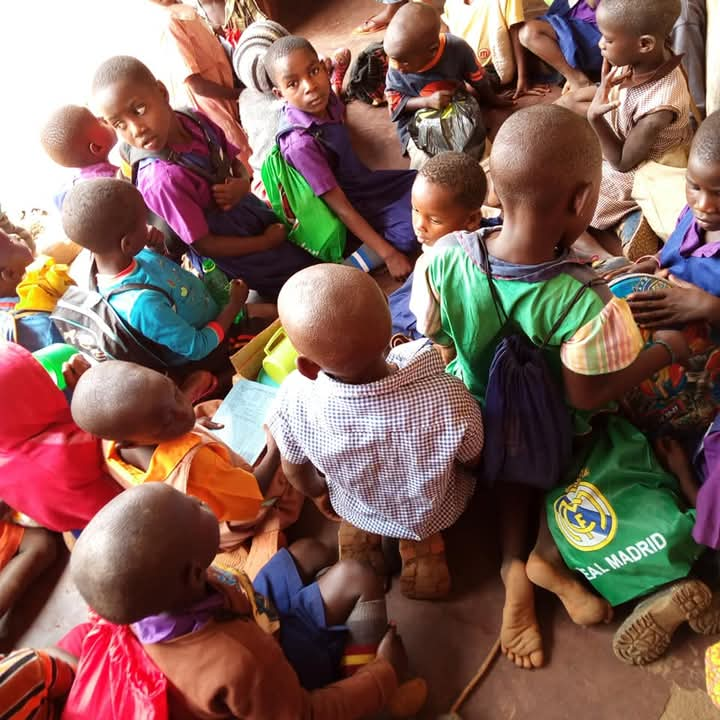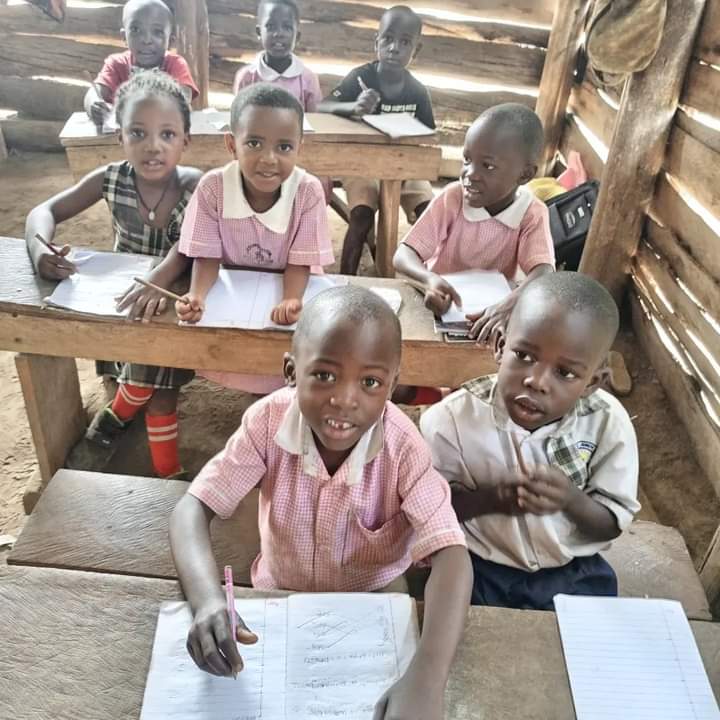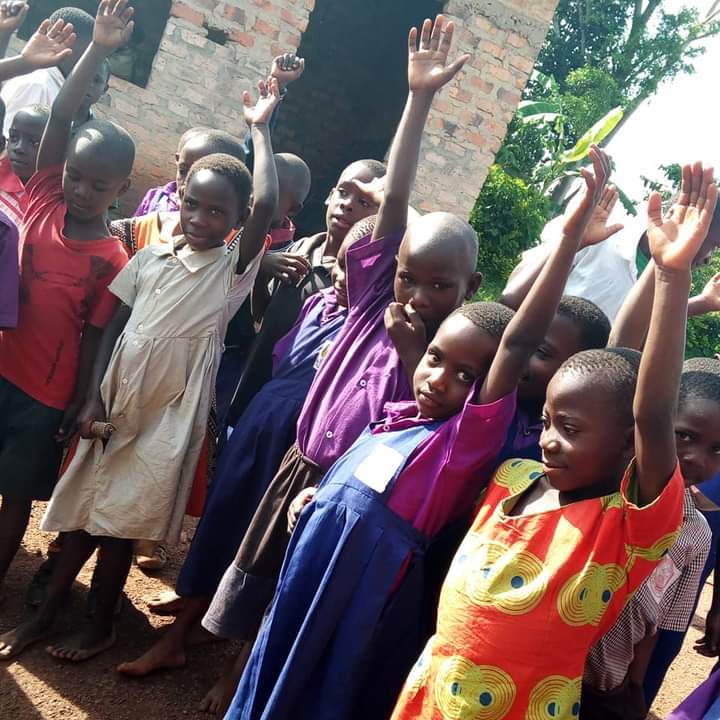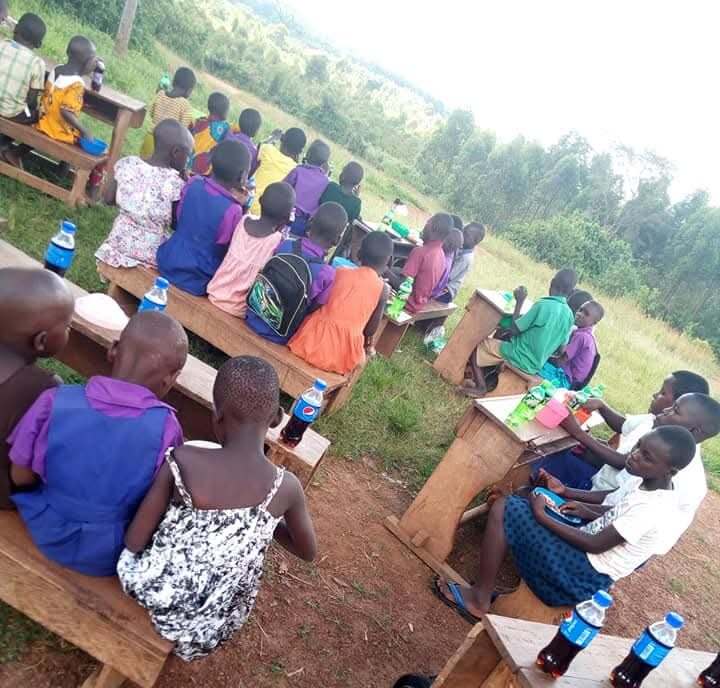



Volunteering with us
Volunteering is a powerful way to make a difference in our community, help advance a cause, and support organizations in need. It’s also an opportunity to meet new people, gain valuable skills, and make a tangible impact. If you’d like to contribute in ways beyond financial donations, consider lending your time and talents with us—your efforts can help change lives.
How to Apply: Applying to volunteer with Open Heart Orphanage Ministry is simple. Just reach out to us by contacting us through our website or email to get started.
Available Volunteer Positions:
- Program Coordinators
- Sunday School Teachers
- Home Support for HIV-positive clients (women and children)
- Teachers (various subjects)
- Business Educator/Consultant (women’s empowerment through business development)
- HIV/AIDS Educators and Youth HIV/AIDS Educators
- After-school Sports Coaches
- Art, Music, Dance, and Drama Trainers
Cost of Volunteering:
Currently, OPHOM does not charge a fee for volunteering. However, volunteers are responsible for organizing and covering their own travel costs to Uganda. A nominal fee of around $5 per day may be incurred for meals (breakfast, lunch, and dinner) depending on individual preferences and economizing. OPHOM may occasionally assist with meals as needed.
Volunteer Duration:
Volunteers can commit to short-term placements or long-term internships of up to 2 years. The length of the volunteer experience depends on your personal preference.
Do I Need a College Degree?
For most projects, a college degree is not required. However, if you plan to teach in secondary (high school) grades (S1-S6), a degree or diploma in the subject you plan to teach is necessary.
Minimum Age Requirement:
Volunteers must be at least 14 years old. We’ve lowered the age requirement as we believe it’s important for young people to engage with our orphaned and needy children, creating positive change.
Vaccinations/Immunizations:
For international volunteering, certain vaccinations are recommended or required:
- Yellow Fever (required for entry to Uganda)
- Diphtheria, Polio, Hepatitis A & B (optional but recommended)
- Typhoid, Malaria, Rabies (optional but recommended)
- Tuberculosis, Tetanus (recommended)
- Ensure your childhood immunizations are current.
Typical Work Day:
Project work is usually Monday through Friday, with hours varying between 5-6 hours a day. Expect 20-30 hours of work per week, depending on the project.
Visa Requirements:
Volunteers are responsible for organizing their visa independently. You can arrange a visa at the Ugandan embassy or upon arrival at Entebbe Airport for $50 USD. Please ensure you bring a $50 bill from 2003 or newer.
Travel Insurance:
It is highly recommended that volunteers obtain travel insurance in addition to any healthcare coverage they may already have.
What to Bring:
Once registered, a detailed volunteer guide with a checklist will be provided, but here are some essentials:
- Passport (with up-to-date visa)
- Sturdy footwear (boots for hiking, sandals for casual wear)
- Clothing suitable for the climate (light jackets, casual long trousers/skirts, swimwear for weekends, etc.)
- Insect repellent and sunscreen
- Medical supplies (malaria tablets, antiseptic, band-aids, rehydration salts, etc.)
- Personal hygiene products (shampoo, soap, feminine hygiene items)
Safety and Living Conditions:
Uganda is a welcoming country with a warm, friendly atmosphere. Use common sense, especially in urban areas like Kampala. Living arrangements typically involve shared dorm-style accommodations with basic facilities. Some rural locations may have limited access to running water or electricity.
Climate:
Despite Uganda being close to the equator, its high altitudes result in temperatures ranging from the high 60s to 90s °F (around 20-30°C). Expect warm days and cooler evenings.
Group Volunteering:
Yes, groups such as families, churches, or colleges are welcome to volunteer together. Group arrangements must be made at least 8 weeks in advance, especially for those with children (recommended age: 12 and above).
International Volunteers:
We welcome volunteers from around the world, with many coming from countries like the USA, Netherlands, China, Brazil, Japan, Kenya, Tanzania, and Rwanda.
Language Requirements:
English is the primary language for communication, though Swahili is an added advantage, particularly for teaching positions.
Volunteer Preparation Guide:
Clothing Essentials:
For Women/Girls:
- Sturdy shoes or walking boots for hiking
- Sandals for casual wear
- Several pairs of socks and underwear (cotton)
- Casual trousers/skirts (skirts are recommended in rural areas)
- Light jacket/fleece sweater
- Swimwear for weekends
- Hat for sun protection
For Men/Boys:
- Sturdy shoes or walking boots for hiking
- Sandals for casual wear
- Socks, underwear, casual trousers/jeans
- Light jacket/fleece sweater
- Swimwear and hats for sun protection
General Supplies to Pack:
- Passport and visa
- Camera with extra batteries
- Insect repellent, sunscreen, and travel umbrella
- Towel and washcloths
- Small games and gifts (school supplies, toys, etc.)
Medical Supplies:
- Malaria tablets, antiseptic cream, band-aids
- Rehydration salts, ibuprofen, anti-diarrheal tablets
Money:
- Uganda operates on a cash-based system, and US dollars are widely used.
- Bring bills from 2003 or newer for better exchange rates.
- ATM withdrawals in Uganda are possible using Visa debit/credit cards (ensure you notify your bank before traveling).
Conclusion: Volunteering with us offers an enriching experience to make a lasting impact on children and communities in Uganda. It is a great opportunity to grow personally and contribute meaningfully to a cause that changes lives. Whether you’re looking for a short-term project or a long-term experience, your presence will help shape the future of Uganda’s vulnerable populations.